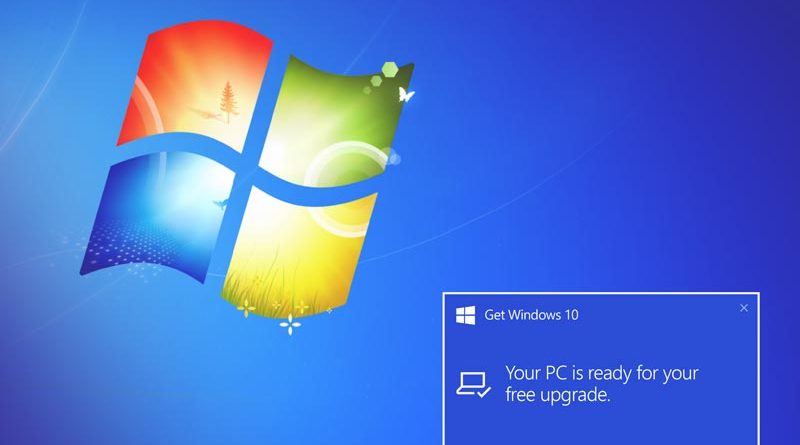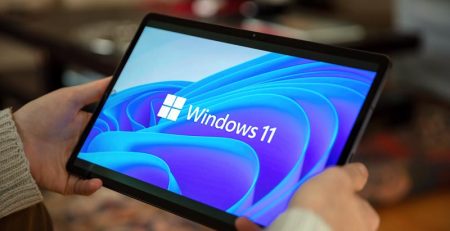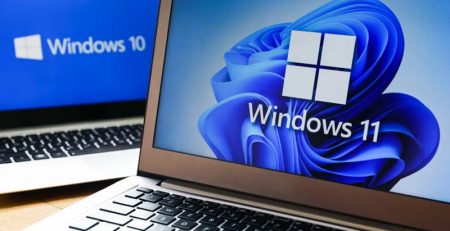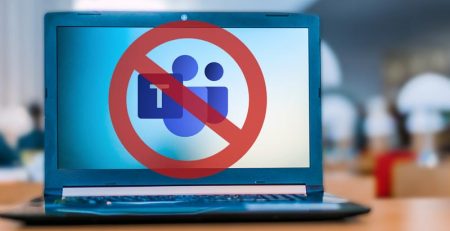Why You Should Upgrade Your Windows Operating System
Software upgrades have become an essential — albeit annoying — part of our lives with the rise of smartphones and smart devices like TVs, doorbells and washing machines.
Microsoft Windows is no exception, and it’s critical that you upgrade to newer versions, as your business’s productivity and efficiency could suffer if you are running an older version of Windows.
When we say “older versions of Windows,” we mean versions that Microsoft no longer supports with updates, which currently is Windows 8.1 and every version that came before it. Microsoft generally supports an operating system for 10 years, so Windows 10 is safe to use until late 2025.
But as annoying as upgrades are — sometimes causing more problems than they fix — here are six reasons why you should upgrade your windows operating system.
Security
Security is by far the biggest reason to use the latest version of Windows. Hackers attempt to exploit weaknesses in Windows to gain access to your company’s data, and newer versions of Windows fix known issues.
Your company is only as strong as its weakest link and using the latest version of Windows safeguards against potential cyberattacks.
Compatibility
When new hardware is introduced, there usually will be compatibility issues with older versions of Windows. For instance, a webcam released today might not work with Windows 8.1.
Upgrading your operating system improves compatibility with other software and hardware, helping to ensure that everything works together seamlessly.
New Features
Upgrading to a newer version of Windows can benefit you even beyond addressing security and compatibility woes. Sometimes new features and functionality are introduced, helping your team work better and smarter.
For example, Windows 11 introduced an improvement to the snap layout function, allowing you to easily arrange two, three or four programs so they can all be displayed on one screen.
“Using the latest operating system is the best way to protect yourself from potential security threats and fix known bugs. However, upgrades also come with risks, such as incompatibilities with your computer or data loss.”
Compliance
Some industries have regulations that require operating systems to be upgraded for security purposes. HIPAA (protecting personal health information), PCI DSS (protecting credit card data), GLBA (protecting financial information) and NIST (protecting data used by federal agencies) are examples of regulations an organization might have to follow to be compliant.
Upgrading your operating system to the latest version ensures the latest security patches have been applied.
Technical Support
If you are running an older version of Windows, it will be difficult to receive technical support and troubleshoot issues. The location of settings and navigating the operating system can change dramatically after an update.
Additionally, Microsoft eventually stops supporting older versions of Windows once the latest version is released, which means an old operating system won’t receive the security and bug fixes that a new operating system will. Windows 10, for example, will stop receiving support from Microsoft on Oct. 14, 2025, and support for Windows 8.1 ended Jan. 10, 2023.
Bug Fixes
Upgrades also fix bugs or glitches that cause the operating system or programs running on the operating system to malfunction or crash.
It’s also possible that an upgrade can create more bugs than it solves, in which case, it’s better to wait about a year before upgrading to the newest version of Windows to give Microsoft time to fix any bugs with the new version. Fortunately, Windows 11 has been available for well over a year, so if you feel inclined, you can upgrade.
Using the latest operating system is the best way to protect yourself from potential security threats and fix known bugs. However, upgrades also come with risks, such as incompatibilities with your computer or data loss.
It’s recommended to back up your data or create a restore point, which reverts your computer’s updates to an earlier time, before installing upgrades.
Microsoft Windows Support in West Michigan
Looking to hire a managed service provider to manage your company’s Windows upgrades? Contact us here to see how we can help keep your business running smoothly while increasing productivity, security and profitability.











